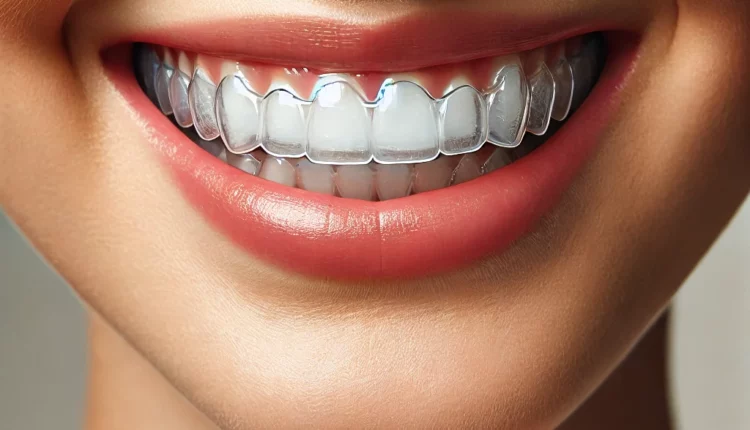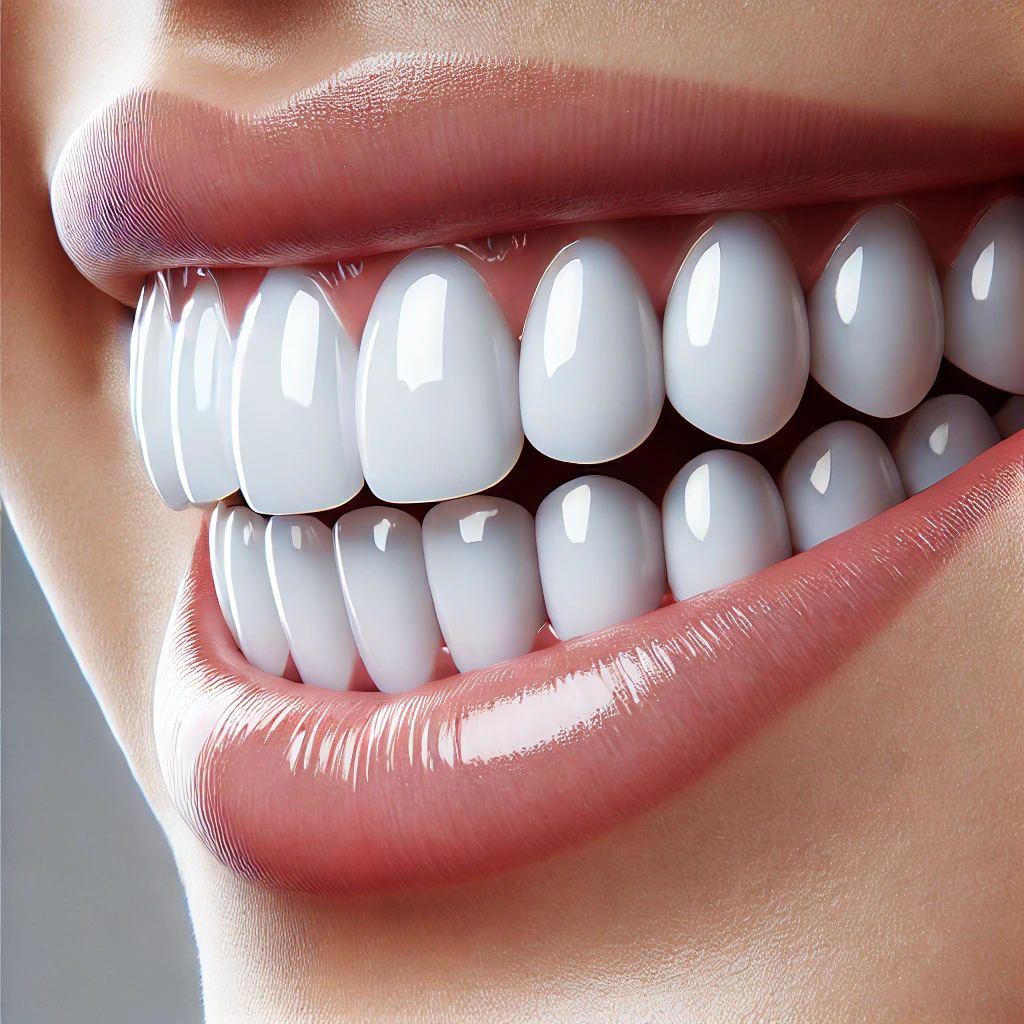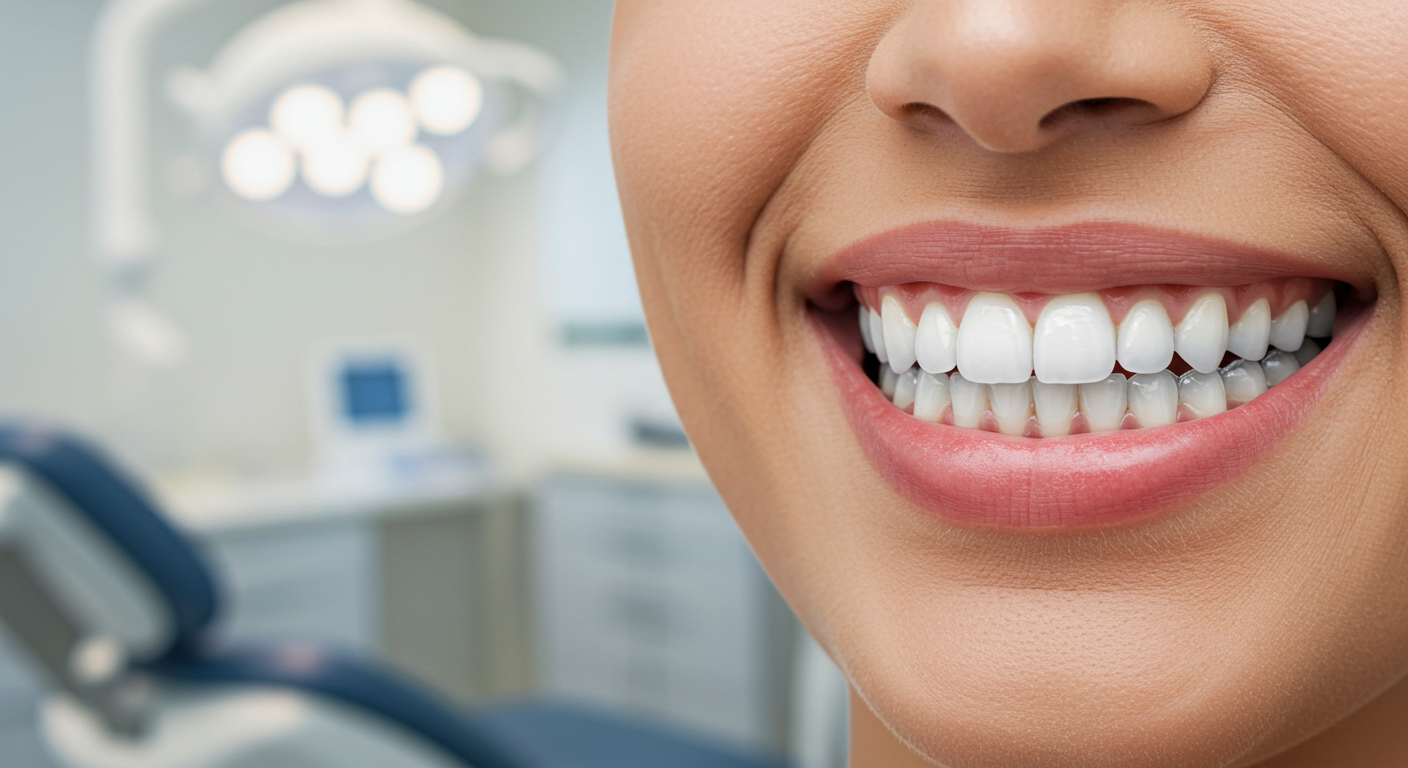The Growing Popularity of Invisalign Treatment: A Modern Approach to Orthodontics
In recent years, Invisalign treatment has surged in popularity as a preferred method for teeth straightening. Unlike traditional braces, which are often associated with metal wires and discomfort, Invisalign offers a more discreet and comfortable alternative. This news-style article delves into the reasons behind the increasing demand for Invisalign. It explores its benefits, process, and what potential patients should consider before opting for this innovative orthodontic solution.
What is Invisalign?
Invisalign is an orthodontic treatment designed to straighten teeth using a series of clear, removable aligners. These aligners are custom-made for each patient, gradually moving teeth into their desired position over time. Since its introduction in 1999, Invisalign has transformed the field of orthodontics, offering patients a less invasive option compared to traditional braces.
The Science Behind Invisalign
The technology behind Invisalign involves 3D imaging software that creates a precise model of the patient’s teeth. This model is used to design a series of aligners that will gradually shift the teeth. Each aligner is worn for about two weeks before being replaced with the next in the series, allowing for controlled and predictable tooth movement. The aligners are made from a patented thermoplastic material called SmartTrack, which is both comfortable and effective in applying consistent pressure to the teeth.
Benefits of Invisalign Treatment
One of the main reasons Invisalign has gained traction is the numerous benefits it offers over traditional braces. Here are some key advantages:
Aesthetic Appeal
Invisalign aligners are nearly invisible, making them an attractive option for adults and teenagers who may feel self-conscious about wearing metal braces. This discreet nature allows individuals to undergo orthodontic treatment without drawing attention to their teeth.
Comfort and Convenience
Invisalign aligners are smooth and custom-fitted, minimizing irritation to the gums and cheeks. Unlike traditional braces, there are no metal brackets or wires to cause discomfort. Additionally, the aligners are removable, allowing patients to eat, drink, brush, and floss with ease. This flexibility contributes to a more comfortable and convenient treatment experience.
Shorter Treatment Time
Invisalign treatment can often be completed faster than traditional braces. While the duration varies depending on the complexity of the case, many patients see results in as little as 12 to 18 months. This shorter treatment time is appealing to those looking for a quicker path to a straighter smile.
Invisalign vs. Traditional Braces: A Comparative Analysis
When considering orthodontic treatment, patients often weigh the pros and cons of Invisalign versus traditional braces. While both methods are effective in achieving a straighter smile, they differ in several key areas.
Visibility and Aesthetics
As mentioned earlier, Invisalign aligners are virtually invisible, making them a preferred choice for those concerned about aesthetics. Traditional braces, on the other hand, are more noticeable, although options like ceramic braces can offer a less conspicuous alternative.
Maintenance and Oral Hygiene
Invisalign’s removability allows for easier oral hygiene maintenance. Patients can brush and floss normally, reducing the risk of plaque buildup and tooth decay that can occur with traditional braces. However, because the aligners must be worn for 20 to 22 hours a day to be effective, patients need to be diligent in wearing them as prescribed.
Treatment Cost
The cost of Invisalign treatment is generally comparable to traditional braces, though it can vary based on the complexity of the case and the geographic location of the practice. Many dental insurance plans cover Invisalign just as they do traditional braces, and flexible payment options are often available.
Who is a Candidate for Invisalign?
Invisalign is suitable for treating a wide range of orthodontic issues, including crowding, spacing, overbites, underbites, and crossbites. However, it may not be the best option for everyone. Complex cases that require significant tooth movement or jaw alignment might still require traditional braces or other orthodontic treatments.
Consultation and Assessment
The first step in determining if Invisalign is right for you is a consultation with an orthodontist or dentist who is trained in Invisalign treatment. During this consultation, the provider will assess your teeth, take digital scans or impressions, and create a customized treatment plan.
The Future of Invisalign and Orthodontics
As technology continues to advance, Invisalign is poised to remain at the forefront of orthodontic treatment. The company behind Invisalign, Align Technology, is continually refining the product, incorporating new features such as SmartForce attachments and Vivera retainers to enhance treatment outcomes.
Expanding Accessibility
Invisalign treatment is becoming more accessible, with more dental professionals offering the service and new financing options available to make it more affordable. Additionally, ongoing research and development promise to expand the range of cases that can be effectively treated with Invisalign.
Growing Awareness and Demand
Public awareness of Invisalign continues to grow, fueled by social media and word-of-mouth endorsements from satisfied patients. As more people learn about the benefits of Invisalign, demand for this treatment is expected to rise, further solidifying its place as a leading option for orthodontic care.
Conclusion
Invisalign has revolutionized orthodontics, offering a modern, comfortable, and discreet alternative to traditional braces. Its growing popularity is a testament to its effectiveness and the positive impact it has had on patients’ lives. As technology and accessibility continue to improve, Invisalign is likely to remain a top choice for individuals seeking a straighter, healthier smile.
For those considering Invisalign, a consultation with a qualified provider is the best way to determine if this treatment is the right fit. With its many benefits and ongoing advancements, Invisalign represents the future of orthodontic care, delivering beautiful smiles with convenience and confidence.






Comments are closed.